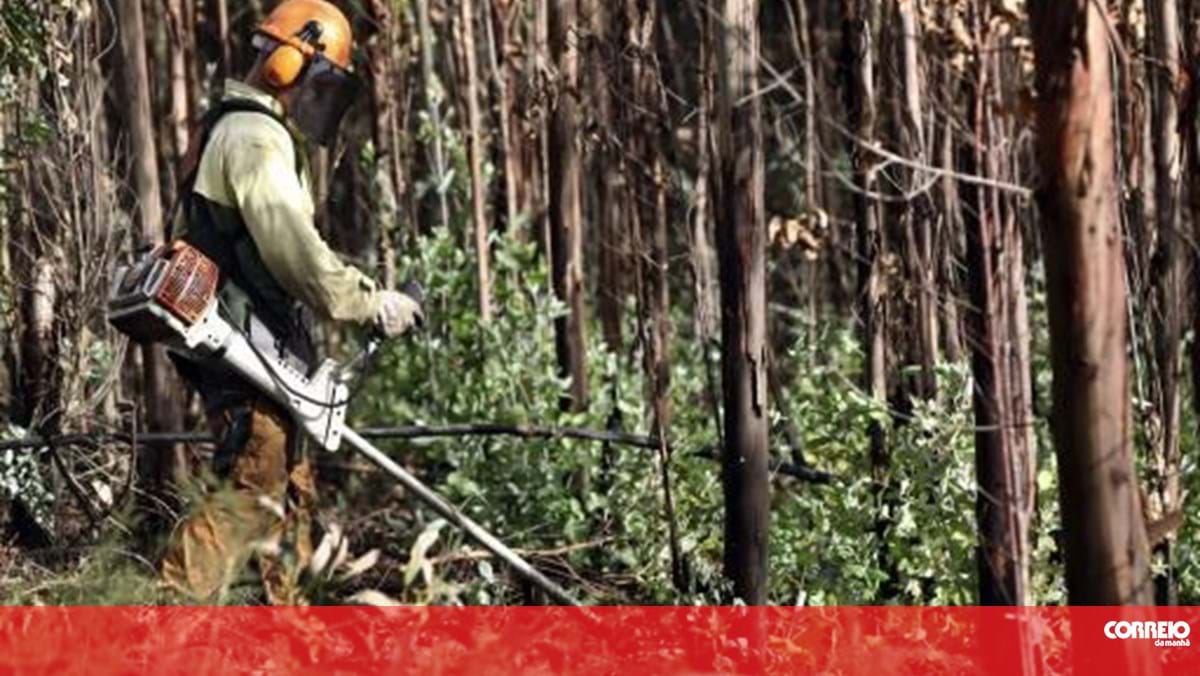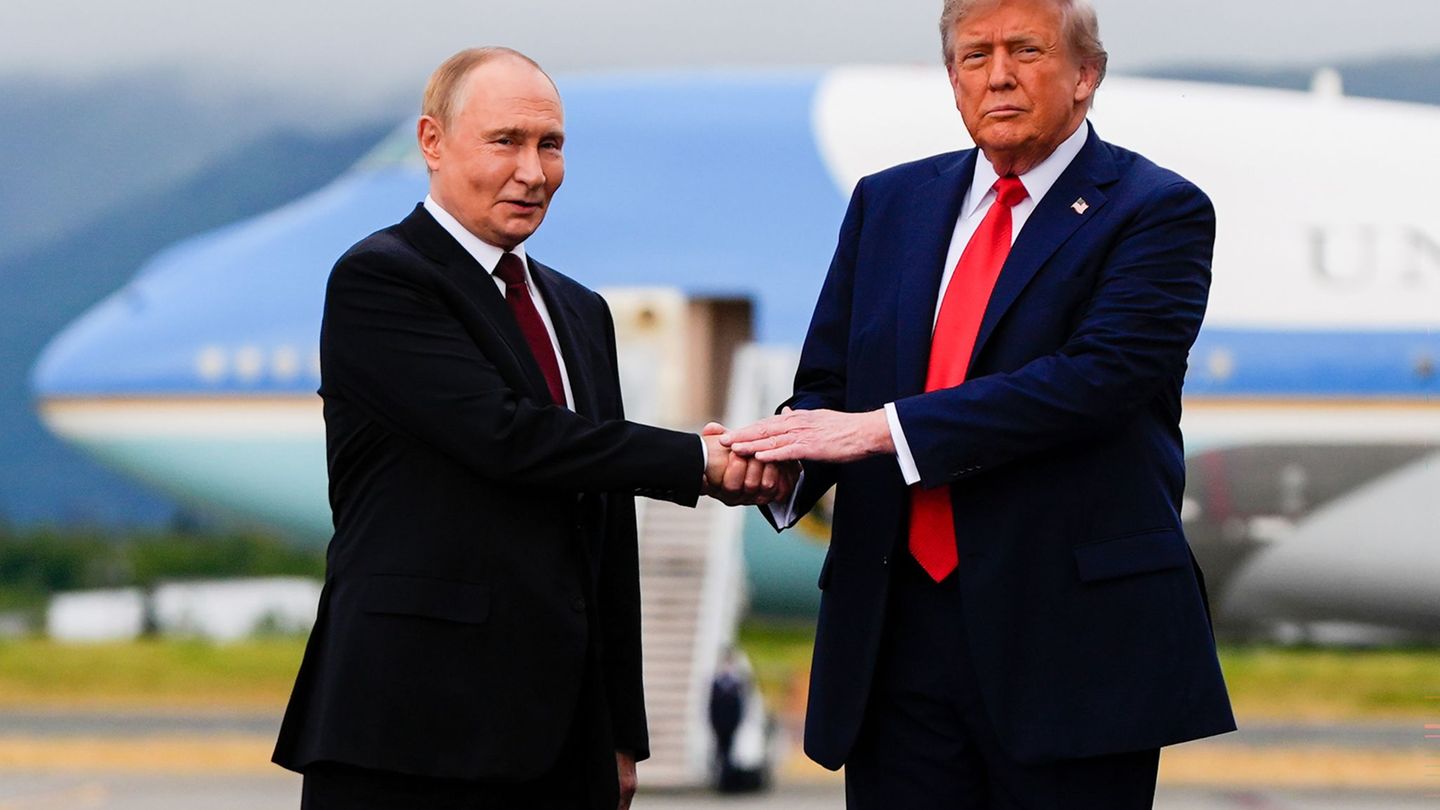The PSD Parliamentary Group believes that the president of the Institute for Conservation of Nature and Forests (ICNF), Nuno Banza, has taken an “unacceptable position” in drafting letters on fire danger in rural areas, demanding his resignation.
In a statement released on Tuesday, the Social Democrats “strongly regret the statements made” by Nuno Banza in parliament, which they accuse of refusing to “engage the mayors in this discussion, accusing deputies of sharing the same vision.” ”, when faced with the need to coordinate the document with the municipalities.
“The current president of the ICFS is not in a position to continue to fulfill his functions,” the Social Democrats stressed in the same note.
Regarding the PSD parliamentary group, Nuno Banza “relied on the complicity of the Secretary of State for Nature and Forests” in statements made during joint hearings between the Agriculture and Fisheries Commission and the Public Administration and Local Authorities and Spatial Planning Commission. .
“These statements are unconditional and demonstrate a clear disrespect for the local authorities, for the deputies of the Assembly of the Republic and for the democratic rule of law,” the PSD stressed.
The government assured on Tuesday in Parliament that the changes made to the Decree-Law on the Integrated Rural Fire Management System, which includes a letter on fire danger, allow greater involvement of municipalities.
The guarantees were given by Secretary of State for Nature and Forests João Paulo Catarino, who was heard by the Agriculture and Fisheries Commission along with the President of ICNF this afternoon in the context of several hearings on the PSD request. , on a letter on fire danger in rural areas, national character.
On March 28, the Diário da República published the Rural Fire Hazard Letter, a tool for planning measures for the prevention and control of rural fires, defining restrictions on the use of rural areas.
Since its publication, it has been criticized by several inter-municipal communities, municipalities and the association of fire victims, and on the 19th of this month, a decree-law was published suspending the Letter on the danger of rural fires until March 2023.
In this context, and in hearings that lasted more than two hours, João Paulo Catarino argued for the importance of the Hazard Letter identifying the areas most at risk from rural fires.
Responding to deputies’ reproaches that mayors have not been heard about this process, the official explained that the previous decree-law on the Integrated Rural Fire Management System (SGIFG) and the establishment of prevention and safety priorities (APPS) severely limited the participation of municipalities.
During his presentation, the ICNF President stated that it would not make sense to involve the municipalities in the preparation of this letter, noting that it was a “technical document” whose review prompted the application for rejection by the PSD board.
Nuno Banza argued that what the ICNF did in this case was “no different from what it did in preparing the Seismic Hazard Letter or other technical letters, emphasizing that these documents “are not subject to public comment or public consultation”.
“What we are doing is collecting technical contributions and attracting specialists,” he said.
Author: Lusa
Source: CM Jornal




